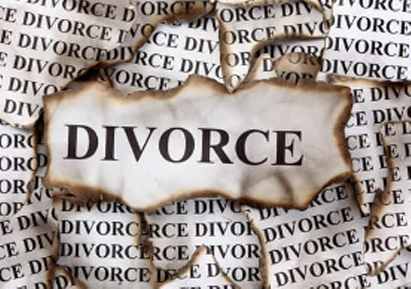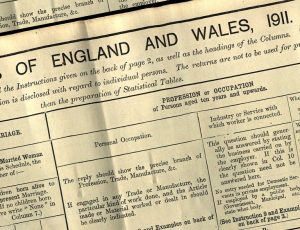
To put it simply, divorce was not common in comparison to modern times. It wasn’t unheard of but mostly people who got divorced had money and even then it wasn’t a thing that was considered lightly it could bring a lot of scandal and shame to people involved. To get divorced was a costly thing and although we consider divorce expensive today most working class people simply couldn’t afford it. Firstly let’s acknowledge the fact that men and women were not seen as equals in society and a woman couldn’t survive on their own unless money came from other family relatives. Women relied on their husband’s income to survive. Traditional values were that the woman’s role was bringing up children and keeping the family home; she depended on him to go out to work to provide for his family. The church was the centre of society’s values and beliefs and generally when people took their marriage vows it was expected of them to obey them. The Victorians were brutal with keeping a good reputation in the eyes of the public and when families and individuals who didn’t comply with what was expected of them, they were tarnished for it. A child who was born out of wedlock was recorded as a “bastard” and that child never really shifted this hanging over them. Often it was recorded beside the child’s name on baptism records, settlement records from the church or workhouses records. Most surrounding people that were involved with the child were made aware that he or she was illegitimate.
Divorce also lingered its own stigma that would be brought to court and therefore it could be recorded in the local paper which could shatter a person’s reputation in society and their families. Even if you were wealthy and in the public eye divorce was not always the option people took because they didn’t want the scandal that came with it. The Victorians liked to gossip, and one example is the very public marriage of John Ruskin which was open in the media and plenty of people had a lot to say about Johns marriage to Euphemia (Effie Gray). Elizabeth Gaskell and Florence Nightingale were a few of the many who openly sided with John and had an opinion on Effie’s behaviour. So how did our ancestors survive if they no longer loved each other or wanted to separate? Well many couples learnt to just put up living with each other to survive. Many couples did split and simply went on to live with someone else and have children. Whether they told the truth about their marital status and put the truth on formal records is somewhat up to the family historian to try to work out if they can’t find a marriage document for them. This did occur often in census records when a father is recorded living at home with his young family in one census and ten years on his disappeared and cropped up elsewhere and living with another woman. People committed bigamy and separated from each other without being divorced but it was most likely never spoke about and kept secret. Then there were many people who waited in hope that their spouse would pass away first so they could legally remarry.
In some cases divorce was clearly not on this mans mind In an article Kings County Chronicle – Wednesday 20 January 1847 one husband put his wife up for sale in an auction
“Sale of wife at Sheffield. -A woman named Harriet Trotter was sold by her husband at the corn exchange, Sheffield on Tuesday, against her will. She and her husband had often quarrelled, and he threatened to kill her if she would not consent to be sold by auction. The Mayor of Sheffield interfered before the woman was removed from the Corn exchange, and she was placed in custody, and warrants were issued for the apprehension of her husband.”
Kings County Chronicle – Wednesday 20 January 1847
Article by Cheryl Davis






